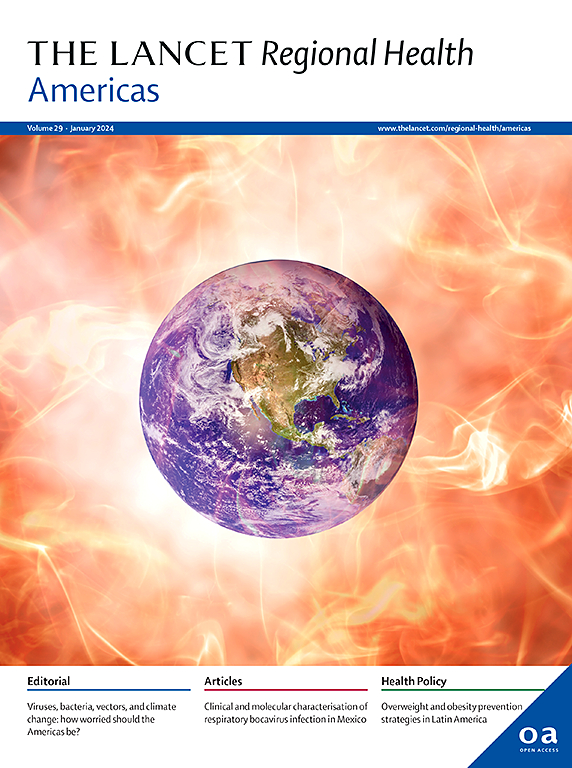The time has come for a vaccine against Chagas disease
IF 7
Q1 HEALTH CARE SCIENCES & SERVICES
引用次数: 0
Abstract
Despite many studies, there is still no vaccines for Chagas Disease (CD), which affects approximately 7 million people mainly in Latin America. To make matters worse, the only two drugs available have proved efficacy only when administered during the acute phase of the disease. Here, we discuss recent advances towards the development of a CD vaccine including (i) better understanding of the role of elements involved in immune responses and host defense against Trypanosoma cruzi; (ii) molecular characterization of parasite genetic diversity and the biochemical nature of T. cruzi antigens involved in protective immune responses; and (iii) the use of novel vaccine platforms that show high efficacy in experimental models. Other aspects such as the role of parasite-induced inflammation in the pathogenesis of CD is also under intense scrutiny. An essential issue discussed in this Viewpoint refers to the main use of a vaccine for CD, i.e., whether this vaccine should be used for prophylactic purposes, combined therapy to improve drug efficacy and parasitological cure, or to re-orient the immune and inflammatory response. Finally, we emphasize the necessity to attract the interest of both private and public pharmaceutical companies to translate all the pre-clinical studies into a much-needed CD vaccine.
求助全文
约1分钟内获得全文
求助全文
来源期刊

Lancet Regional Health-Americas
Multiple-
CiteScore
8.00
自引率
0.00%
发文量
0
期刊介绍:
The Lancet Regional Health – Americas, an open-access journal, contributes to The Lancet's global initiative by focusing on health-care quality and access in the Americas. It aims to advance clinical practice and health policy in the region, promoting better health outcomes. The journal publishes high-quality original research advocating change or shedding light on clinical practice and health policy. It welcomes submissions on various regional health topics, including infectious diseases, non-communicable diseases, child and adolescent health, maternal and reproductive health, emergency care, health policy, and health equity.
 求助内容:
求助内容: 应助结果提醒方式:
应助结果提醒方式:


